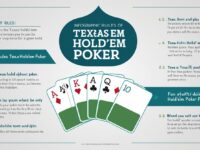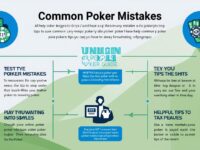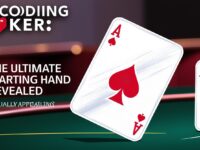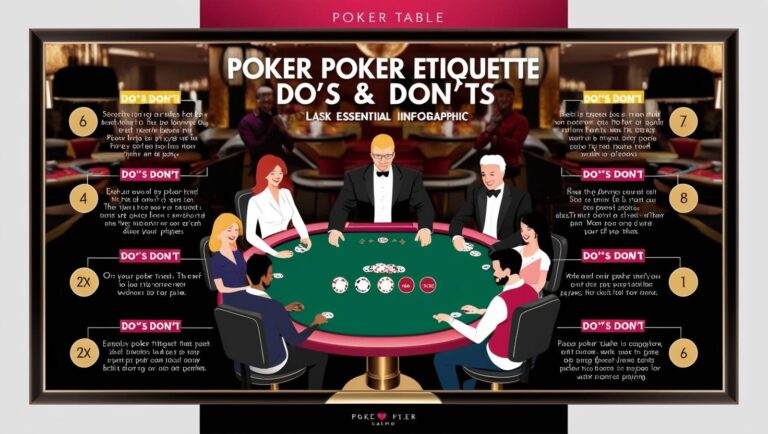Mastering poker isn’t just about strategy and skill; it’s also about understanding and practicing the etiquette that surrounds the game. Whether you’re a newcomer or a seasoned player, adhering to poker etiquette is crucial for maintaining a respectful and enjoyable atmosphere at the table. From knowing how to behave during a game to recognizing the common pitfalls to avoid, understanding poker etiquette can enhance your experience and the experience of those around you.
Navigating the Poker Table: Key Manners to Master
When entering a poker game, it’s imperative to understand the social dynamics at play. First and foremost, respect is the cornerstone of poker etiquette. This means treating fellow players with courtesy and professionalism, regardless of the stakes or outcomes. It’s essential to be mindful of your behavior, as disruptive conduct can detract from the enjoyment of the game and create a negative atmosphere. Greeting fellow players and maintaining a friendly demeanor can set a positive tone for the session.
Another critical aspect of poker etiquette involves the way you handle the game itself. Being attentive and ready to act when it’s your turn is vital. Avoid “slow rolling,” where players delay revealing their winning hand, as it can be seen as disrespectful and unsportsmanlike. Additionally, protect your cards at all times, ensuring that they remain visible to you and hidden from others. This not only prevents misunderstandings but also upholds the integrity of the game.
Moreover, understanding the basic rules and structure of the game you’re playing is essential. Interruptions to ask about the rules can be disruptive and frustrating for other players. Take the time to familiarize yourself with the specific variant of poker being played, as well as the house rules if you’re at a casino or private game. This demonstrates respect for the game and consideration for your fellow players, contributing to a smoother and more enjoyable playing experience.
Common Mistakes at Poker: Avoid These Etiquette Errors
One of the most common etiquette mistakes in poker is “angle shooting,” where players attempt to gain an unfair advantage through deceptive practices. This can range from verbal cues intended to mislead opponents to pretending to call a bet without actually committing. Such actions are frowned upon and can damage your reputation at the table. Always play with integrity and avoid any practices that could be construed as underhanded.
Another frequent faux pas is discussing hands that are in progress. Providing unsolicited analysis or opinions can influence the outcome of a game and is considered poor form. Maintain focus on your own game and resist the urge to comment on others’ strategies or decisions. Discussing hands after they have concluded is generally more acceptable and can even be educational, so long as it’s done in a respectful manner.
Lastly, it’s crucial to manage your emotions effectively at the poker table. Poker can be an emotional rollercoaster, but outbursts, whether due to a big win or a crushing loss, can disrupt the flow of the game and make others uncomfortable. Practice good sportsmanship by remaining composed, regardless of the situation. This demonstrates maturity and respect for your fellow players and helps maintain a pleasant atmosphere conducive to an enjoyable poker experience.
Mastering poker etiquette is an integral part of becoming a respected player, whether you’re playing in a high-stakes tournament or a casual home game. By understanding and adhering to the unwritten rules of the game, you contribute to a positive environment that benefits everyone at the table. From respecting fellow players to avoiding common mistakes, practicing proper poker etiquette ensures that you are not only a formidable opponent but also a gracious one, enhancing the game for yourself and those around you.



















0 Comments